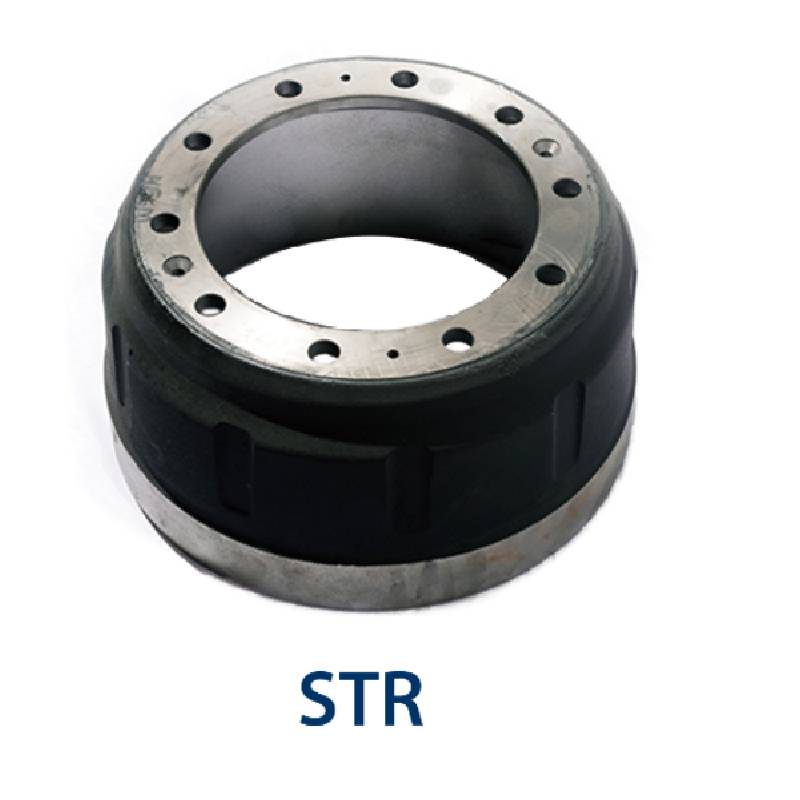Dec . 11, 2024 05:35 Back to list
Nissan Versa Rear Drum Brake Replacement Guide for DIY Enthusiasts
Nissan Versa Drum Brake Replacement A Comprehensive Guide
The Nissan Versa is a popular compact car known for its reliability, fuel efficiency, and affordability. However, like any vehicle, it requires regular maintenance to ensure optimal performance and safety. One critical aspect of vehicle maintenance is the brake system, particularly if your Versa is equipped with drum brakes. In this article, we will explore the process of replacing the drum brakes on a Nissan Versa, providing step-by-step guidance to help you complete this task safely and effectively.
Understanding Drum Brakes
Before delving into the replacement process, it is essential to understand what drum brakes are and how they function. Drum brakes consist of a circular drum attached to the wheel. When the brake pedal is pressed, brake shoes inside the drum expand outward, creating friction against the inner surface of the drum to slow down or stop the vehicle. While drum brakes are effective and often less expensive to replace than disc brakes, they can wear out over time, leading to decreased braking performance and potential safety issues.
Signs of Worn Drum Brakes
There are several warning signs that your Nissan Versa may need its drum brakes replaced. Common indicators include
1. Squeaking or Grinding Noises If you hear unusual sounds when braking, it may signify that the brake shoes are worn out. 2. Reduced Responsiveness A noticeable decrease in braking efficiency can indicate that the brake components are failing. 3. Vibrations If you feel vibrations in the brake pedal or steering wheel while stopping, this could be a sign of warped drums or uneven wear. 4. Pulling to One Side If the car pulls to one side when braking, it may indicate uneven wear on the brake shoes or a problem with the brake system.
If you observe any of these signs, it is essential to address the issue promptly to ensure your safety on the road.
Tools and Materials Needed
Before you begin the replacement process, gather the necessary tools and materials
- Jack and jack stands - Lug wrench - Socket set - Drum brake replacement kit (brake shoes, springs, and retaining clips) - Brake cleaner - Lubricant - C-clamp - Safety goggles and gloves
Step-by-Step Guide to Replacing Drum Brakes
Step 1 Prepare the Vehicle
1. Park your Nissan Versa on a flat surface and engage the parking brake. 2. Loosen the lug nuts on the rear wheels slightly (do not remove them yet). 3. Using a jack, lift the rear of the vehicle and securely place it on jack stands.
Step 2 Remove the Wheel
nissan versa drum brake replacement

Step 3 Inspect the Drum Brake Assembly
1. Before proceeding, inspect the drum for any damage or excessive wear. If the drum appears scratched or worn beyond manufacturer specifications, it should be replaced.
Step 4 Remove the Brake Drum
1. If the drum does not slide off easily, you may need to back off the brake adjuster. This allows for the shoes to retract slightly, giving you enough clearance to remove the drum. Step 5 Replace the Brake Shoes
1. Once the drum is removed, note the positioning of the old brake shoes and the springs. 2. Remove the old shoes and the retaining clips. 3. Install the new brake shoes in the same configuration as the old ones, ensuring that the springs and clips are secured correctly.
Step 6 Reinstall the Brake Drum
1. Before putting the drum back on, clean the interior surface with brake cleaner to remove dust or debris. 2. Slide the drum back over the new shoes, ensuring it rotates freely.
Step 7 Reassemble the Wheel
1. Reinstall the wheel and hand-tighten the lug nuts. 2. Lower the vehicle and remove the jack stands. 3. After lowering the vehicle, use the lug wrench to tighten the lug nuts completely in a star pattern.
Step 8 Test the Brakes
1. Before driving, pump the brake pedal a few times to seat the new shoes against the drum. 2. Take the vehicle for a short test drive, monitoring the brakes for proper engagement and any unusual noises.
Conclusion
Replacing the drum brakes on your Nissan Versa is a manageable task that can be performed at home with the right tools and a bit of patience. Regular brake maintenance not only ensures your safety but also prolongs the life of your vehicle. If you have any doubts about your ability to complete this task, do not hesitate to consult a professional mechanic. Always prioritize safety on the road!
-
Scania Brake Drums: OEM Quality for Optimal Safety & Durability
NewsAug.16,2025
-
R.V.I: Advanced Remote Visual Inspection for Precision
NewsAug.15,2025
-
Discover HYUNDA: Innovative Vehicles, Equipment & Solutions
NewsAug.14,2025
-
R.V.I: Unlock Advanced Insights & Real-time Performance
NewsAug.13,2025
-
Kamaz Brake Drum: Durable & Reliable for Heavy Duty Trucks
NewsAug.12,2025
-
Heavy Duty Iveco Brake Drum - Premium Quality & Safety
NewsAug.11,2025
